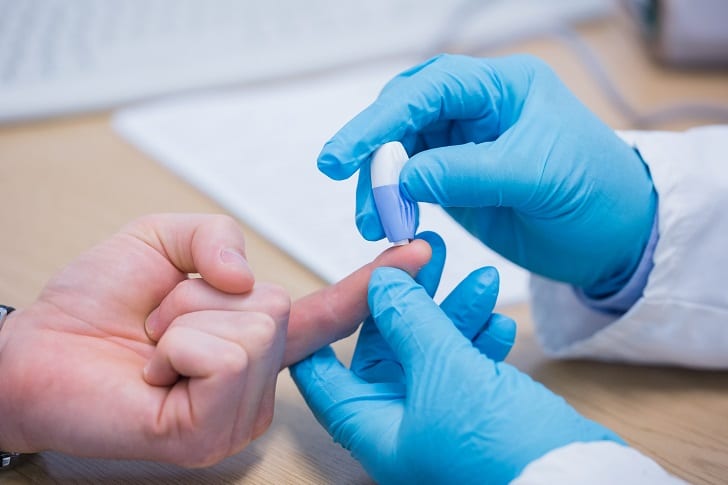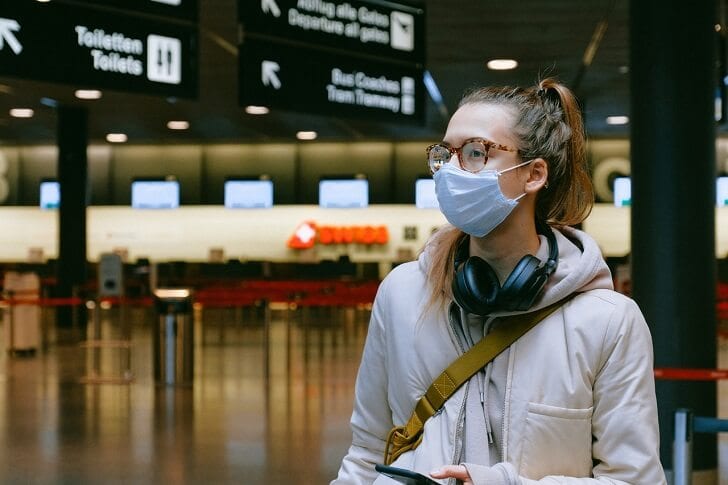If you’re one of those people who’s been bitten by the travel bug, then you’re probably itching to go on vacations once again. The good news is that airlines and the travel industry as a whole are working hard to make it possible for you to resume flying to your desired destinations.
One of the solutions recently put forward is the use of so-called ‘immunity passports.’ The idea behind this concept is that people who have developed antibodies against SARS-CoV-2 (the COVID-19 causing virus) would be allowed to start traveling again as they are protected from being reinfected.
While this certainly sounds like a sound solution, some experts have also presented alarming downsides of resorting to immunity passports.
Unreliable Tests

Firstly, scientists have found that antibody testing can be quite inaccurate after testing 14 tests that are currently on the market. The report said that only three of the tests gave reliable results.
Despite that, there doesn’t seem to be a shortage of commercially available antibody testing kits. According to the Foundation for Innovative New Diagnostics (FIND), there are more than 250 antibody tests already available with another 30 along the way.
Fortunately, the Food and Drug Administration (FDA) has stepped in to issue a warning to test makers to provide accurate results or be removed from the market altogether.
There’s also the fact that surviving COVID-19 the first time doesn’t immune a person from getting the virus a second time.
An Alternative

As medical studies on antibodies are still underway, companies in the travel sector have resorted to other ways to get the ball rolling.
Some are focusing on using nose swab molecular tests or PCR tests, which are reportedly more accurate to detect COVID-19 infections. The Maldives, a popular tourist destination in South Asia, is reportedly planning on making molecular tests a requirement for all tourists when it reopens in July.
Potential Disastrous Results

Aside from the inaccuracy of the antibody tests needed for making immunity passports work, experts have also pointed out other potential downsides of turning the concept to reality.
For example, the medical journal The Lancet said that some populations might purposely seek to get infected to immunization and be allowed to resume working and traveling freely again.




